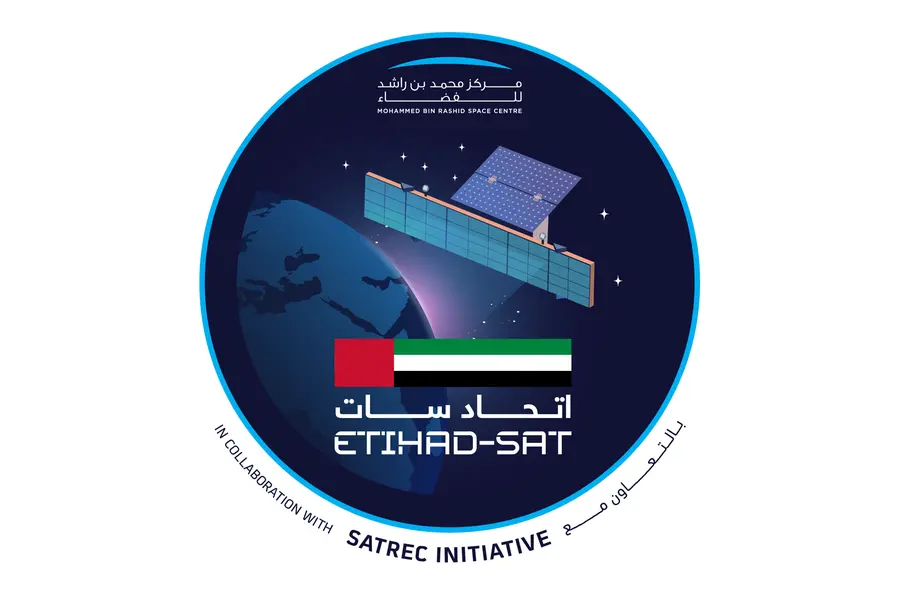PHOTO
Dubai: The Mohammed Bin Rashid Space Centre (MBRSC) today announced that its first Synthetic Aperture Radar (SAR) satellite, Etihad-SAT is scheduled for launch tomorrow (15 March) from the Vandenberg Space Force Base in California, USA, aboard a Falcon 9 rocket at 10:39 AM (UAE time). The launch date and timing may be subject to change based on weather and operational conditions.
Developed as part of a strategic partnership with South Korea’s Satrec Initiative, Etihad-SAT was designed with the involvement of MBRSC’s team, who led the technical specifications phase before moving on to preliminary design and technical validation to ensure compliance with the highest global standards. MBRSC engineers then took the lead in finalising the design and manufacturing in partnership with Satrec Initiative. The development is in line with the Centre’s commitment to enhancing national space capabilities through knowledge transfer and the localisation of advanced technologies.
Etihad-SAT is equipped with advanced SAR technology that enables high-precision Earth observation across all weather and environmental conditions during both day and night. The satellite offers three imaging modes: spot mode (high-resolution imaging for small areas), scan mode (wide-area coverage for large regions) and strip mode (extended observation for longer regions). These features make Etihad-SAT a powerful tool for multiple industries, from detecting oil spills and managing natural disasters to enhancing maritime navigation, supporting smart agriculture, and conducting environmental monitoring. Additionally, the data provided by Etihad-SAT will be processed using AI-powered technologies.
Following the launch, the satellite will be operated and managed by MBRSC’s Mission Control Centre, where specialised teams will oversee operations and analyse the data transmitted from space to Earth.
ABOUT MOHAMMED BIN RASHID SPACE CENTRE (MBSRC):
MBRSC is an advanced scientific and technological hub, responsible for making the UAE
a world leader in space services and exploration.
Starting with a small team of dedicated engineers in 2006, MBRSC has grown into the incubator of the UAE National Space Programme, fostering scientific research, and building a sustainable space sector in the UAE. MBRSC is home to the Satellite Development Programme, UAE Astronaut Programme, and Emirates Lunar Mission, among others. Under its satellite programme, the Centre has built, developed, and operated several Earth observation satellites, including DubaiSat-1, DubaiSat-2 and KhalifaSat, the first satellite that was fully built by Emiratis as well as the recently launched MBZ-SAT, the most advanced satellite in the region.
MBRSC is also developing the Emirates Airlock, a crew and science airlock module for the Gateway lunar space station, humanity's first international outpost to orbit the Moon. Additionally, the UAE will also be sending an Emirati astronaut on a Moon mission. Under the UAE Astronaut Programme, MBRSC currently has four astronauts, two of who have undertaken missions to the International Space Station, including the longest Arab space mission in history by H.E. Dr. Sultan Saif AlNeyadi.




















